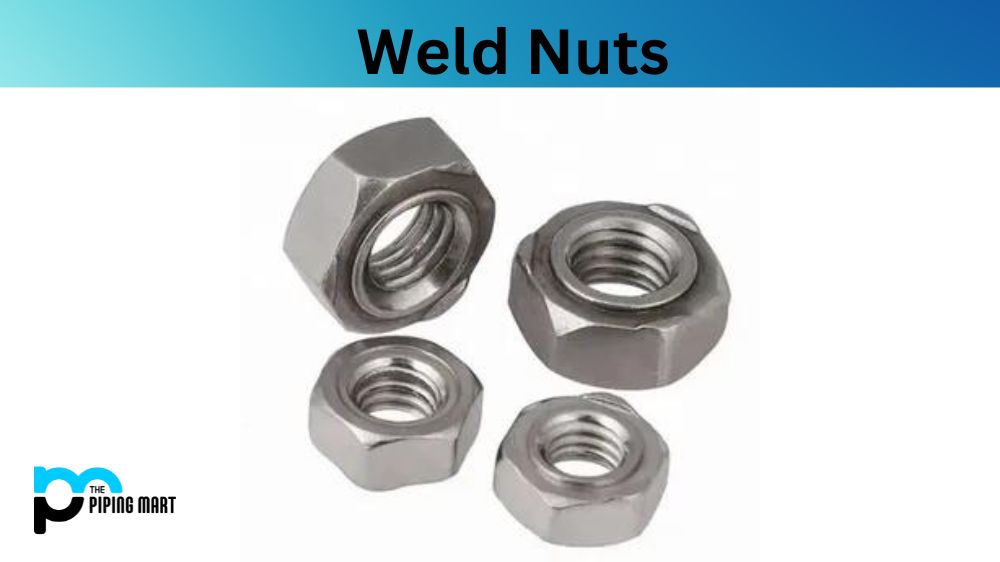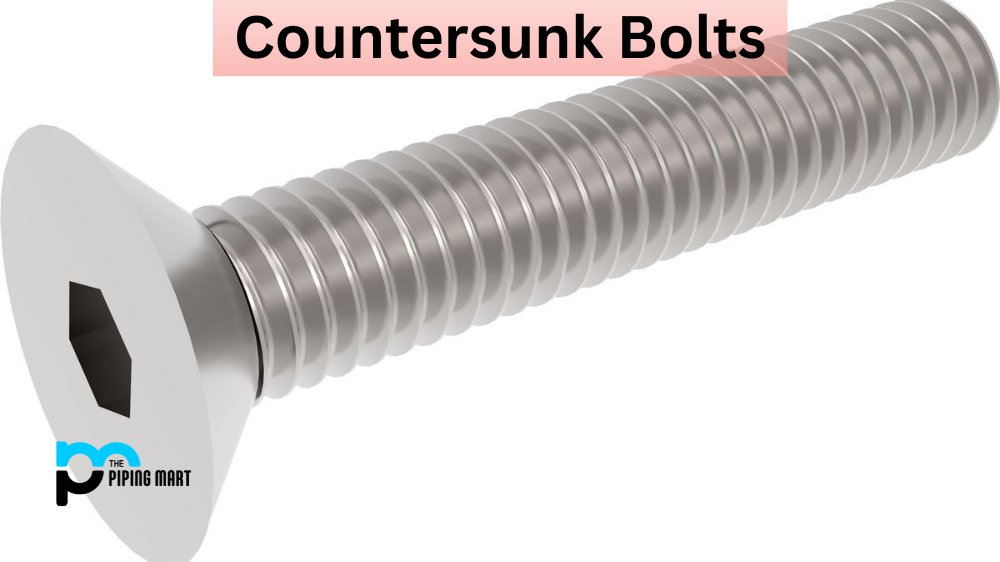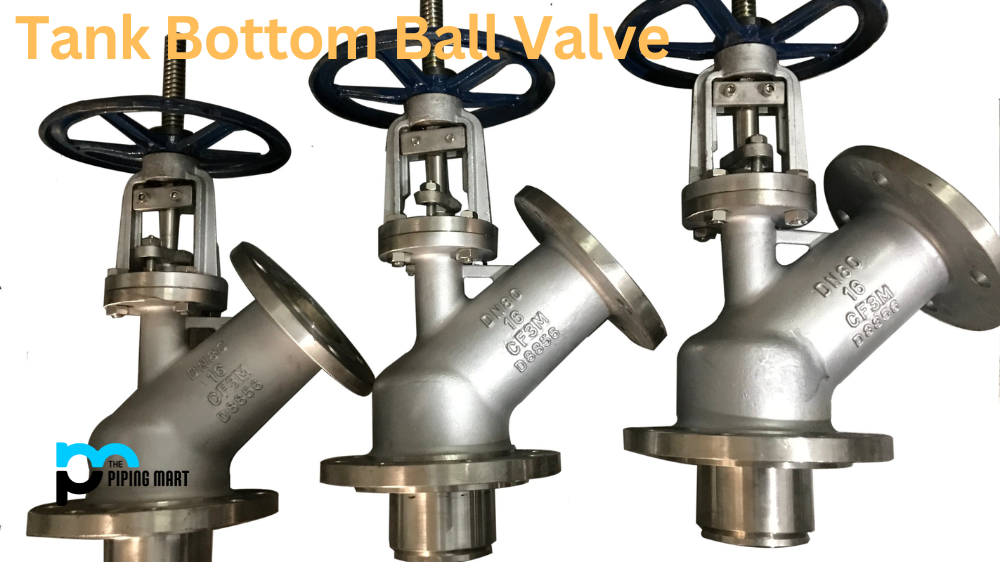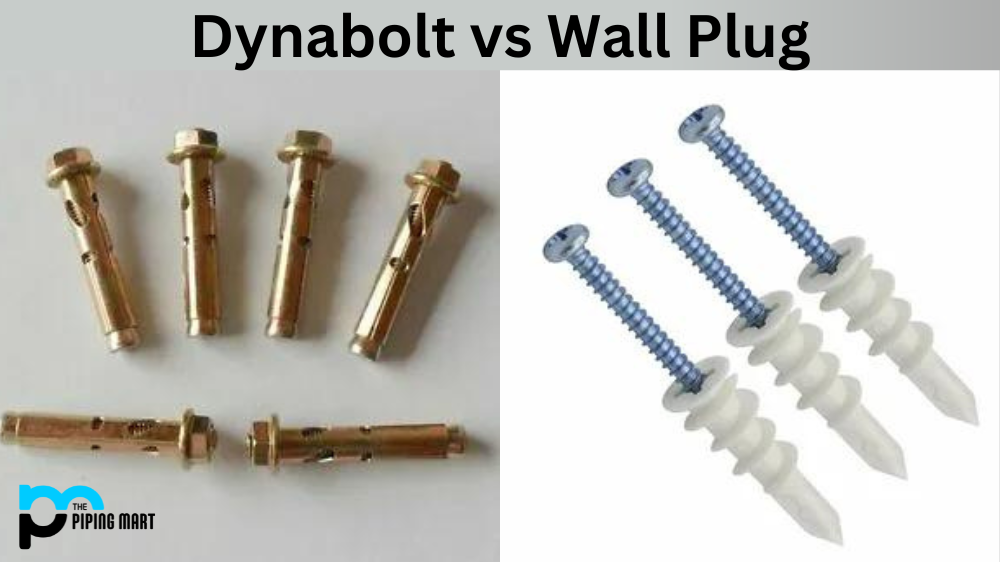Weld nuts are essential components used in various industries to attach two or more metal components without needing access from the opposite side. Weld nuts come in different types, each suited to specific applications and needs. This blog post will discuss the most common types of weld nuts, their uses and how they are installed.
Types of Weld Nuts:
Spot Weld Nuts:
Spot weld nuts are the most common type of weld nuts, widely used in automotive and metal fabrication industries. They have a round base and a flange with a tiny protruding projection that acts as a pilot to locate the nut in place. Spot weld nuts are used to attach metal sheets and panels with a thickness of up to 3mm, making them ideal for car body assemblies.
Projection Weld Nuts:
Projection weld nuts have a similar design to the spot weld nuts, but they come with protruding ribs around the base that provide additional resistance against rotation when welded in place. They are more durable than spot weld nuts and can be used in thicker metal sheets.
Tab Weld Nuts:
Tab weld nuts have an additional feature that projects a small tab at the base of the nut that acts as an indexing reference guide. The nut is placed on the panel and then welded, ensuring accurate positioning. Tab weld nuts are often used in electrical enclosures and assemblies with tight tolerances.
Bridge Weld Nuts:
Bridge weld nuts have a unique design with a thin bridge that crosses the base of the nut. The bridge is spot welded to the panel, and the nut is designed to sit on the top of the bridge. They are commonly used in the automotive industry, where a strong attachment is required.
Threaded Insert Weld Nuts:
Threaded insert weld nuts have a tubular design inserted into a hole within the panel. They are installed by welding the base of the nut to the panel, creating a robust and permanent fixing. Threaded insert weld nuts are commonly used in applications requiring a simple, cost-effective solution, such as furniture and appliances.
Conclusion:
Weld nuts provide a strong, durable, cost-effective solution for attaching metal panels and components without needing access from the opposite side. The above-discussed types of weld nuts cater to various applications in various industries. Understanding these types and their uses will enable you to identify the appropriate weld nut for your project and ensure a successful outcome. Contact a welding expert to advise you on the best weld nut solution for your requirements.

A passionate metal industry expert and blogger. With over 5 years of experience in the field, Palak brings a wealth of knowledge and insight to her writing. Whether discussing the latest trends in the metal industry or sharing tips, she is dedicated to helping others succeed in the metal industry.




